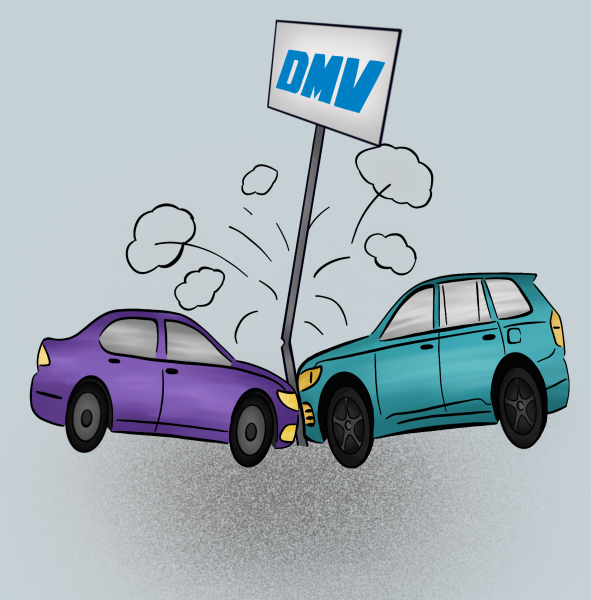eSports Earn Ratings, Revenue, Acceptance
January 17, 2017
The Eastern world, including much of Europe and Asia, has begun to embrace competitive video games, or eSports, as a central part of culture. However, the West, namely the United States, has not followed suit.
This doesn’t make sense. Video games are growing as a popular form of entertainment for people of all ages. They can be watched online through streaming services, and have even been aired on popular TV networks, like TBS and ESPN.
The West should embrace eSports.
I, like many other kids nowadays, have been playing video games for my entire life. I played competitive games for about 5 years, and for 1 of those years I was actually making money doing it.
The main reason I decided to quit was the lack of legitimate recognition from family and peers. It became more and more difficult to convince my parents to let me practice for hours, and they often claimed that playing was a waste of time.
This calls into question different societal norms between the West and the East.
In the West, the traditional student-athlete is admired, and many parents push their children to participate in sports. In contrast, Asian cultural norms dictate that academics and technological prowess is most important. While traditional academics are still most highly regarded, many have allowed their children to pursue gaming as a full time career, whereas it’s a rarity to see that in the US.
“I probably play an hour a day on weekdays, and on weekends it’s whenever I have downtime,” said gamer Nick Landry. “My mom understands that its a part of teenage boy culture and it’s okay. My dad says I should have more other hobbies,” he said. “But my dad looks down upon [playing games].”
This is common for most American teens –having parents who either understand it’s a trend or do not, but either way, they don’t approve of playing.
Viewership and advertising, like in sports, is how gaming earns revenue.
2015 and 2016 have been great years for viewership, achieving the highest viewing numbers in history for sports and eSports. “The International 2015,” a DOTA 2 tournament, had over 20 million unique viewers, dwarfing the Stanley Cup’s 4.9 million viewers and even beating the entire NBA Finals viewership of 19 million, according to their respective TV networks.
Detractors often argue that eSports do not take skill. If that were the case, why can’t everyone play professionally? It’s like if you said basketball took no skill, then everyone should be able to shoot like Steph Curry, but that clearly isn’t true.
However, the main reason that the US should start to take eSports seriously is the money.
According to research done by Newzoo, eSports worldwide had a net revenue of $325 million in 2015, and is expected to achieve $463 million in 2016, and even to crack $1 billion by 2019. This is a fast growing form of entertainment, producing in excess of 200% growth in recent years compared to only double and single digit growth for traditional American sports.
eSports’ quick growth can be attributed to its popularity in Asia, but that’s not to say it is not popular here.
The cultural shift that needs to be made is recognition of legitimacy, and treating eSports players like regular professionals, whether it’s like traditional physical sports, or tabletop games such as chess or Go.
In this fashion, many universities have competitive teams, and an intercollegiate league, similar to the NCAA, has been created and hosts tournaments. In addition, the US has begun to recognize eSports players as athletes when applying for sports visas, and this provides a legal groundwork for eSports being treated like regular athletics.
I hope that people try to reserve their judgement on those who play eSports, and perhaps, in time, society will come to respect people who decide to try to pursue it as a career.



